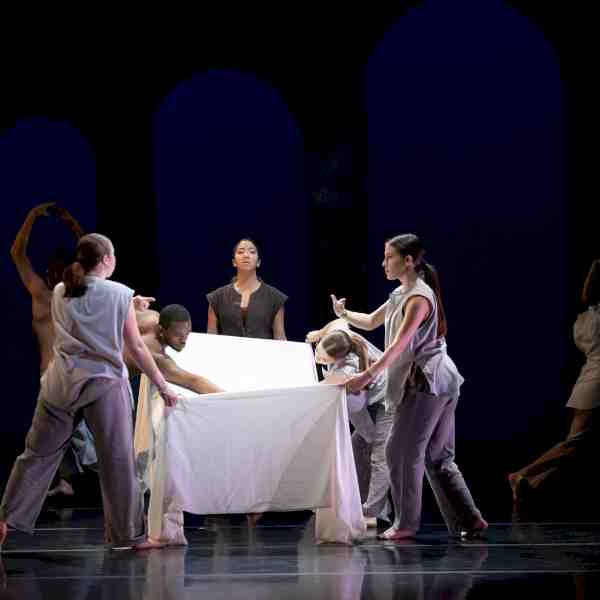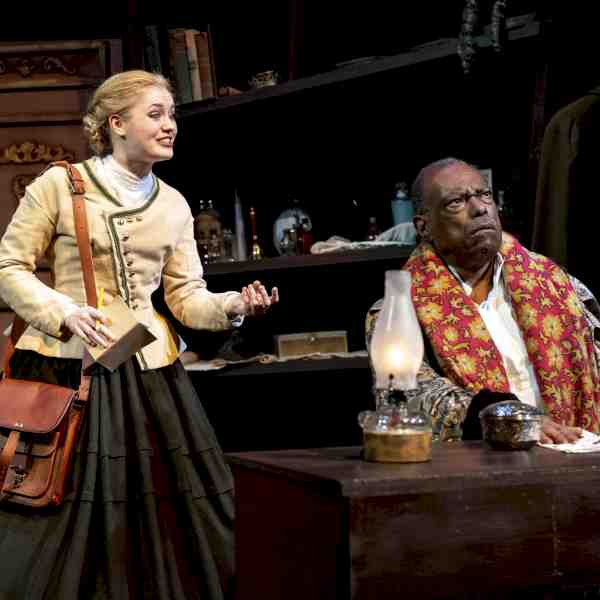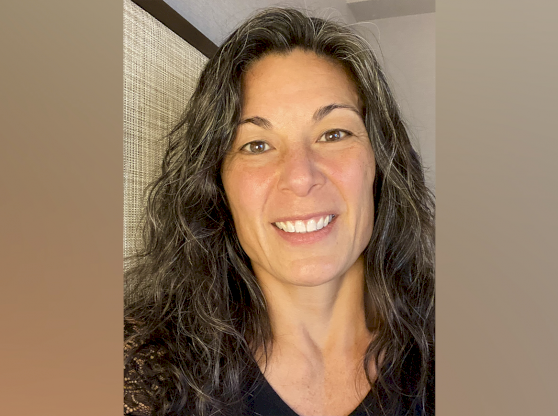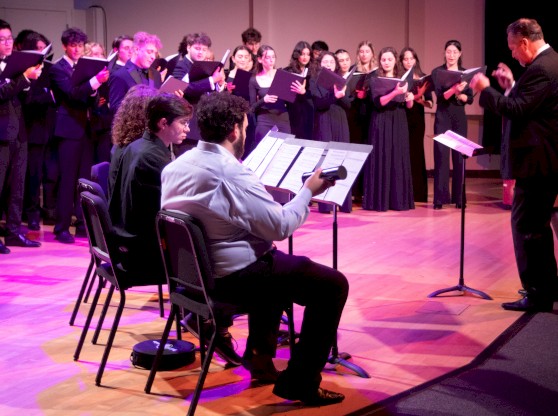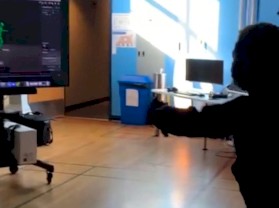“I think this year’s season will entertain and engage, but also offer new questions and new perspectives on very relevant issues in society,” said Keifer MacDonald, a third-year MFA Acting student who served on the School of Theatre + Dance’s season selection committee. “We have more female playwrights, more playwrights of color, newer plays, plays with diverse casts and open casts."
When you’re seated in the theatre, about to take in a production, the process of putting together a season of shows might be the last thing on your mind as the lights dim. While many people admire the dedication of actors, dancers, and technicians, the annual balancing act required to select which shows to produce remains behind the scenes.
“It’s kind of like putting together a huge puzzle,” said Jenny Goelz, the school’s production manager.
Months before student performers and designers can begin their work, the season selection committee must solve a variety of logistical considerations, while also ensuring that future productions uphold the school’s commitment to education and diversity.
The season selection committee is chosen annually from a pool of applicants by the school director. The committee is comprised of undergraduates, graduates and faculty who represent each area of the school.
“We try to have some parity between all the constituents of the school,” said Dr. Ralf Remshardt, the school’s interim director for the 2018-2019 year. “There are always so many interests that have to be somehow brought into conjunction with each other.”
2019 - 2020 Season
The Curious Incident of the Dog in the Night-Time
We Are Proud to Present a Presentation About the Herero of Namibia, Formerly Known as Southwest Africa, From the German Südwestafrika, Between the Years 1884–1915
Pippin
Fall BFA Dance Showcase
Agbedidi: A Fusion of Traditional African and Contemporary Dance
...And Jesus Moonwalks the Mississippi
Dance 2020
Eurydice
Macbeth
Students outside of the committee can propose productions for the following year and must support their choices on a form indicating the technical requirements, estimated budget and number of roles. The students must also outline the conceptual approach and educational value of the proposed piece.
The committee then reads and evaluates all proposed productions. They can easily whittle down a long list by eliminating shows that don’t meet logistical criteria.
For example, the season must offer enough roles to fit the demographic makeup of acting students and provide thesis roles for graduates. Although the shows are cast through open auditions, the committee can factor out any proposed shows that require types of actors that aren’t in the school’s population.
Additionally, the school has a list of production genres that must be covered in a four-year period to provide students with experience in a wide spectrum of performance styles.
Once these administrative concerns are addressed, the committee can determine which of the remaining productions capture the artistic spirit of the upcoming year.
“Is it a show that we haven’t done previously?” Remshardt said. “Is it a playwright that’s hot at the moment? Is it what we really should be doing—that style, that playwright or play?”
The school’s educational mission is at the center of this discussion.
“It’s really important to us as a school that the productions we’re choosing are an extension of what’s happening in the classroom,” Goelz said.
The students, including those not on the committee, play a large role in defining which themes and topics they want to investigate through performance. The students chosen to serve on the committee act as ambassadors for their peers and are responsible for sharing the committee’s ideas with their classmates to get feedback.
In contrast, many institutions have a more secretive, faculty-driven process.
“We’re here to serve the students,” Goelz said. “That’s why we are here. That’s why we exist. So, you know, why wouldn’t we want their input? It’s been incredibly important in terms of shaping the season. What issues are affecting them and how do they want to explore that?”
Recently, students have advocated for the school to provide more opportunities for diverse voices on stage.
“In the last two or three years, students have been very vocal, and rightly so, about what they perceive when they look at our previous seasons,” Remshardt said. “A lack of diversity, a lack of opportunities for casts of color and women. We have, statistically, more actresses than we have actors, and the statistics on the other hand are that most plays usually have more male roles.”
As future theatre and dance artists, the students are empowered by the opportunity to decide what kind of stories they want to tell.
“From this season, I hope the audience gains a more well-rounded perspective of what theatre is,” MacDonald said. “I hope it refreshes and makes you think.”

